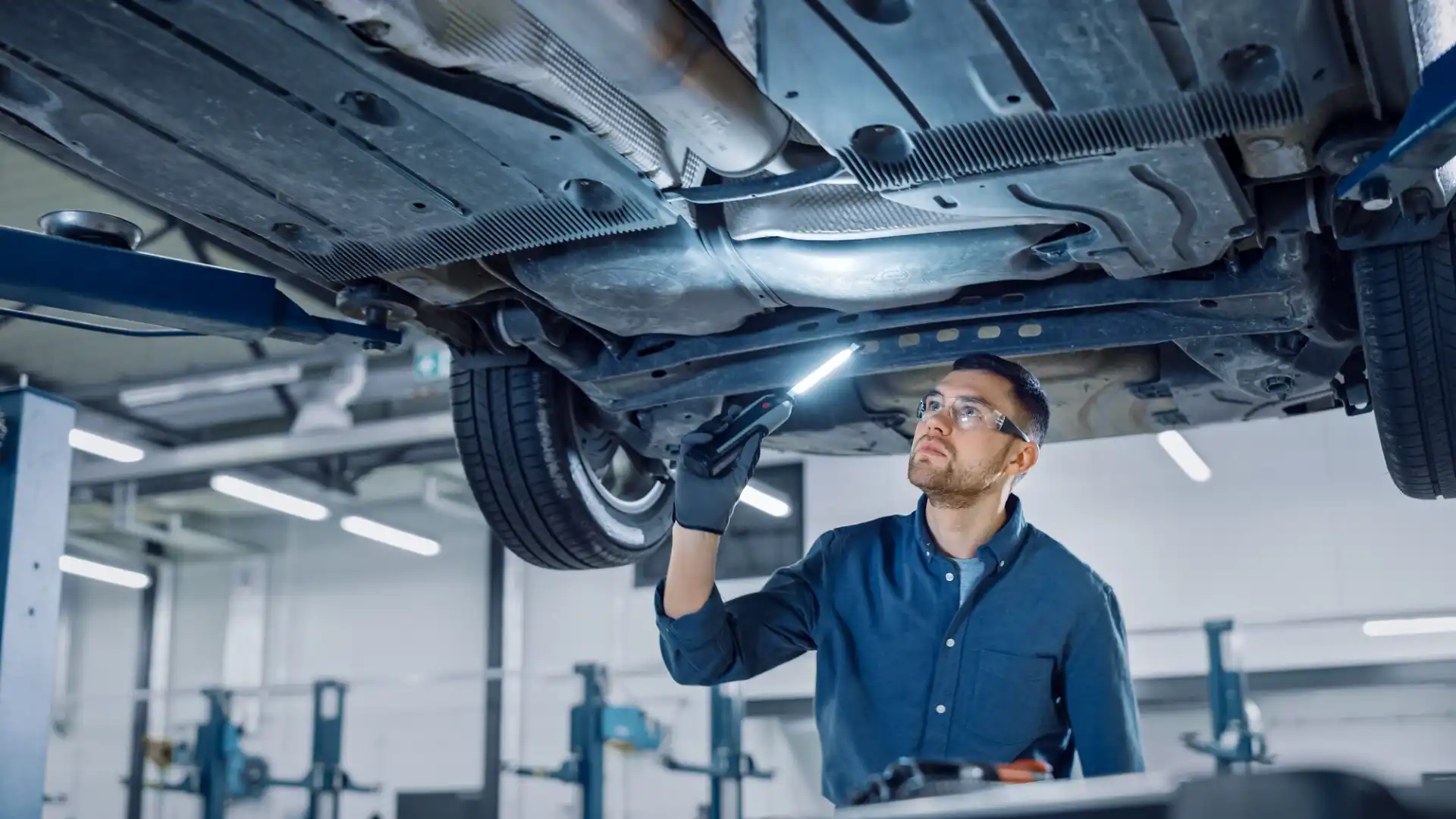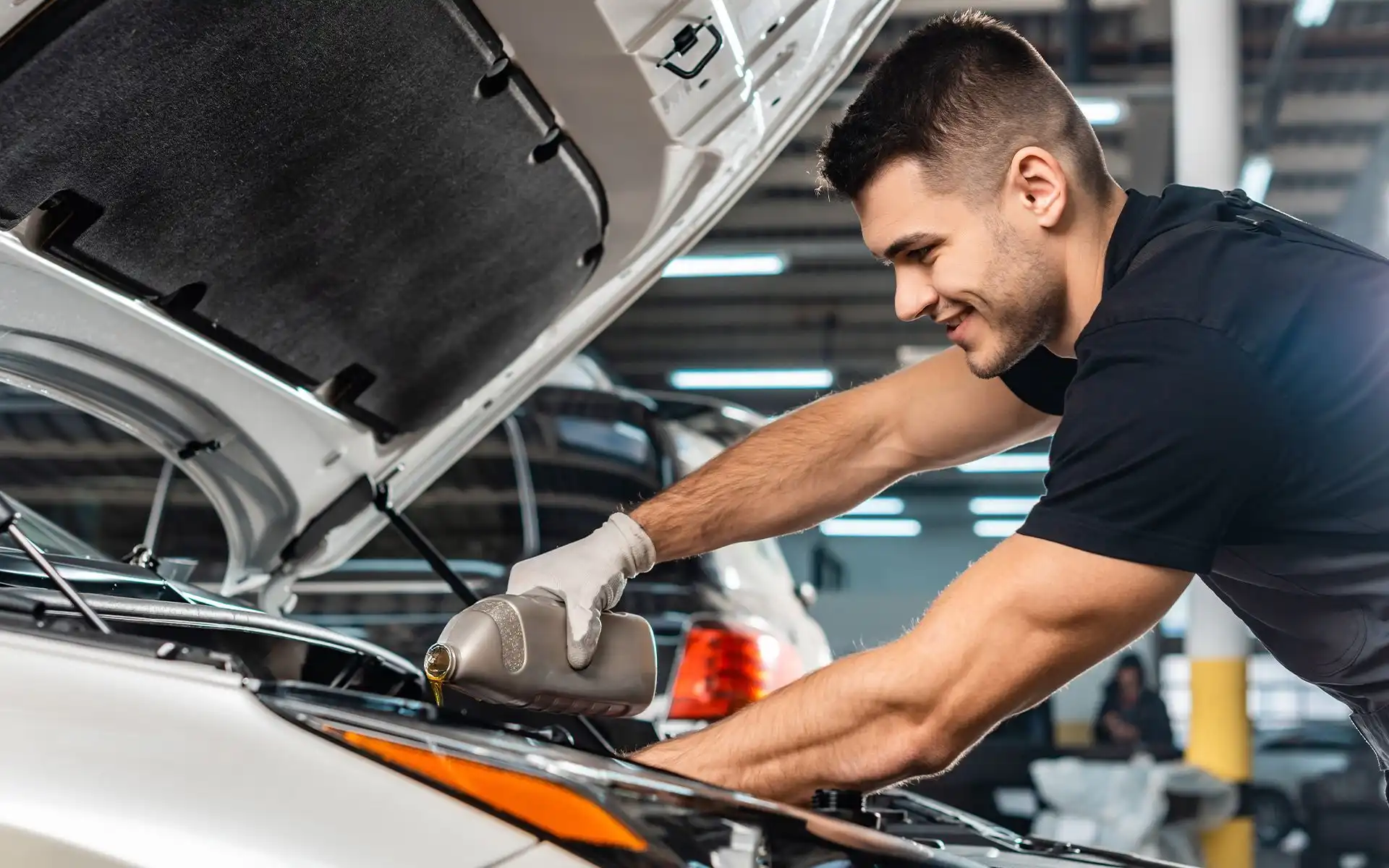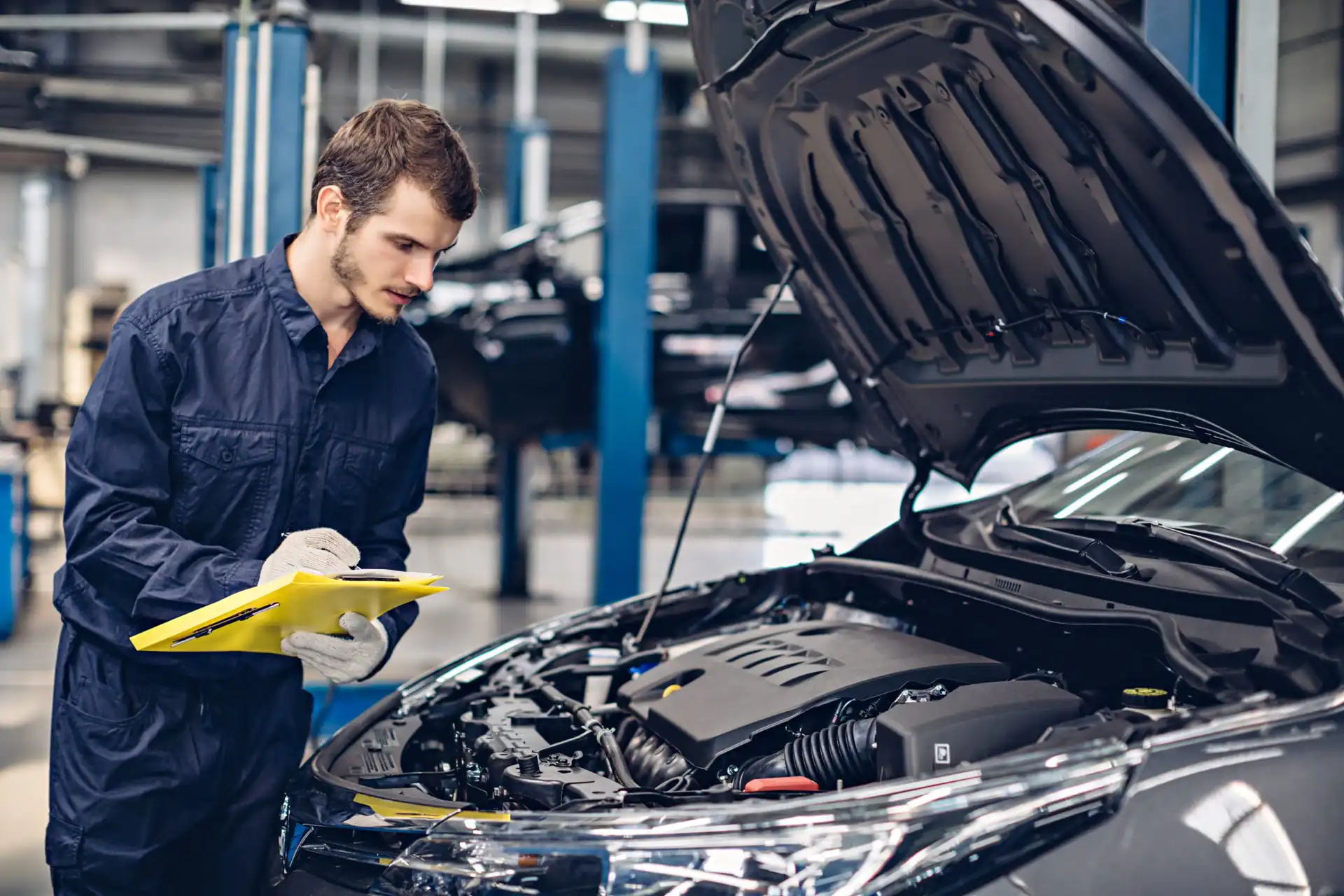Finding the right auto repair shop can be a challenging task, but it’s one of the most important decisions you can make as a car owner. Your vehicle is a significant investment, and entrusting it to the right professionals for repairs and maintenance is crucial for its longevity and performance. Whether you need a simple oil change or a major repair, choosing the right auto repair shop can save you money, time, and unnecessary stress.
In this blog, we’ll guide you through the key factors to consider when choosing the right auto repair shop for your vehicle, ensuring that you make an informed decision that meets your needs.
1. Look for Certified and Experienced Mechanics
One of the first things to consider when choosing an auto repair shop is the expertise of the mechanics. It’s important that the shop employs certified professionals with a deep understanding of car repairs and maintenance. In the U.S., look for mechanics certified by the National Institute for Automotive Service Excellence (ASE). ASE certification ensures that the mechanic has passed exams in various auto repair fields and has demonstrated competence in repairing and maintaining vehicles.
What to look for:
-
ASE-certified technicians: Certified mechanics have the knowledge and skills to handle a variety of vehicle issues, ensuring that your car is in good hands.
-
Experience: A shop with years of experience has likely earned a reputation for quality work, which is essential for ensuring your vehicle’s health and performance.
Why this matters:
-
Hiring certified and experienced mechanics ensures that your car will receive high-quality repairs from professionals who understand the latest auto technologies and industry standards.
2. Check for Proper Licensing and Insurance
It’s essential that the auto repair shop is licensed and insured. This protects you as a consumer in case any accidents or issues arise during the repair process. A licensed shop means that it complies with local and state regulations, and its mechanics are qualified to work on your vehicle. Additionally, an insured shop protects both you and the repair shop in case of any damages that might occur while your car is being repaired.
What to look for:
-
Proper licensing: Check that the shop is licensed by your state’s regulatory body for auto repairs. Most states have specific licenses for automotive repair businesses.
-
Insurance coverage: Ensure that the repair shop carries liability insurance in case of accidents or damages that may occur during the repair process.
Why this matters:
-
Proper licensing and insurance provide peace of mind, knowing that the shop is compliant with legal standards and is covered in the event of unexpected issues during the repair.
3. Read Customer Reviews and Ask for Recommendations
One of the best ways to find a trustworthy auto repair shop is to ask for recommendations from people you trust—whether it’s friends, family, or co-workers. If you don’t have anyone to ask, online reviews are a great resource to check the reputation of a repair shop. Websites like Google Reviews, Yelp, and the shop’s own website can provide valuable insights into other customers’ experiences.
What to look for:
-
Positive reviews: Look for a shop with consistently positive reviews. Pay attention to customer feedback on aspects like service quality, repair turnaround time, and professionalism.
-
Word-of-mouth recommendations: Recommendations from trusted individuals can provide you with firsthand experience of how the shop treats its customers and handles repairs.
Why this matters:
-
Customer reviews and recommendations help you gauge the reliability of a repair shop. A shop with a strong reputation for honest work and customer satisfaction is more likely to treat your vehicle with the same level of care.
4. Evaluate the Shop’s Specialization and Services Offered
Different auto repair shops may specialize in various aspects of car repair and maintenance. For example, some shops focus on specific brands, while others might specialize in certain types of repairs (e.g., transmission work, engine diagnostics, etc.). It’s important to find a shop that offers the services your car needs and has experience working on your vehicle’s make and model.
What to look for:
-
Specialization in your vehicle’s brand: If you drive a specific make or model, you might prefer a shop that has experience working with that brand to ensure that repairs are done correctly.
-
Comprehensive services: Choose a shop that provides a range of services from routine maintenance (like oil changes) to more complex repairs (like engine work or transmission replacements).
Why this matters:
-
Specialization ensures that the mechanics understand the specific needs of your vehicle, making repairs more accurate and efficient. Comprehensive services reduce the need to shop around for different repair needs.
5. Get a Written Estimate and Understand Pricing
When choosing an auto repair shop, it’s important to discuss pricing upfront. A trustworthy shop will provide a written estimate for the repairs you need, outlining the cost of parts and labor. It’s also wise to get a second opinion if the estimate seems unusually high or low. Be cautious of shops that don’t offer written estimates or try to rush you into agreeing to a repair.
What to look for:
-
Transparent pricing: A good auto repair shop will provide a clear breakdown of costs and explain any charges that might apply.
-
Fair and competitive rates: While pricing may vary, make sure the rates are reasonable compared to industry standards. Beware of shops with hidden fees or excessively high labor rates.
Why this matters:
-
A written estimate protects you from unexpected charges and helps you understand the cost of repairs. Transparent pricing ensures that you’re not overpaying for services and allows you to compare estimates from different shops.
6. Check the Shop’s Warranty Policy
A reputable auto repair shop will stand behind its work by offering a warranty on repairs and parts. A warranty gives you peace of mind, knowing that if the repair doesn’t hold up, you can return for corrections at no extra cost.
What to look for:
-
Warranty on parts and labor: Ensure that the shop offers a warranty that covers both the parts and the labor involved in your repair.
-
Warranty duration: Understand the length of the warranty and the terms of service. Some warranties cover repairs for a limited time, while others may offer longer-term protection.
Why this matters:
-
A warranty ensures that you are not left with additional costs if something goes wrong after the repair. It also shows that the shop has confidence in its work and is committed to customer satisfaction.
7. Visit the Shop and Assess the Facility
Before committing to any repairs, it’s a good idea to visit the shop in person. A well-organized, clean, and professional-looking shop can indicate that the business values quality and takes pride in its work.
What to look for:
-
Cleanliness and organization: The shop should be neat and well-maintained, with organized tools and a clear workspace.
-
Professional staff: Pay attention to how the staff interacts with you. They should be polite, knowledgeable, and willing to answer your questions.
Why this matters:
-
A clean and organized shop often reflects the overall quality and professionalism of the business. It’s also an indicator that the mechanics will handle your car with the same level of care and attention.
8. Consider Customer Service and Communication
Good customer service is essential when choosing an auto repair shop. A shop that communicates well with its customers ensures a smoother repair process and helps prevent misunderstandings.
What to look for:
-
Clear communication: The shop should be responsive to phone calls and emails, providing updates on your vehicle’s status during the repair process.
-
Customer care: Staff should be friendly, helpful, and willing to answer your questions about the repair process.
Why this matters:
-
Strong customer service ensures that you are kept informed throughout the repair process, making it easier to make decisions and feel confident in the work being done.
Conclusion
Choosing the right auto repair shop for your vehicle is essential for ensuring the safety, performance, and longevity of your car. By considering factors such as certified mechanics, reputation, services offered, and customer service, you can make an informed decision and find a repair shop that meets your needs.
Don’t rush the process—take the time to research, ask questions, and find a shop that you can trust. With the right auto repair shop, you’ll have peace of mind knowing that your vehicle is in good hands, and you’ll be able to enjoy worry-free driving for years to come.




